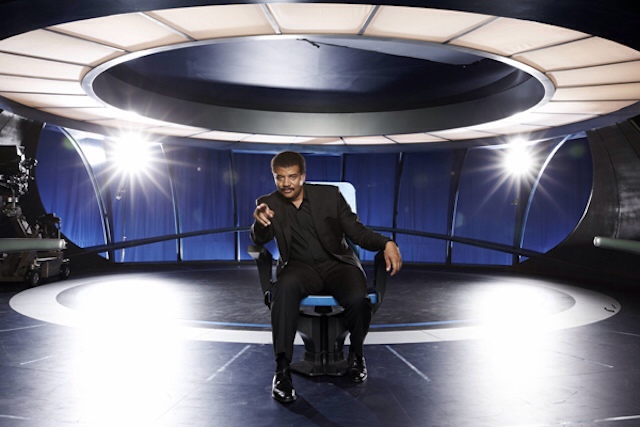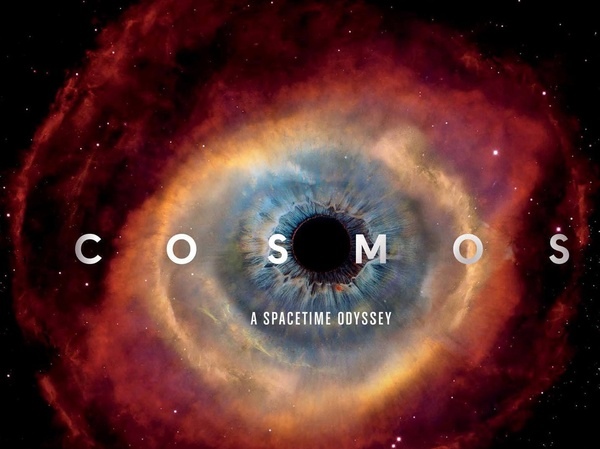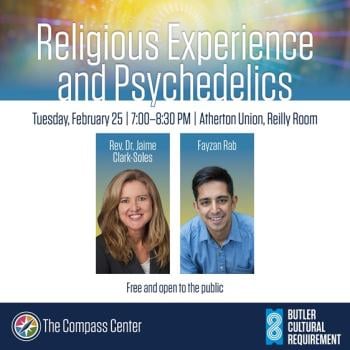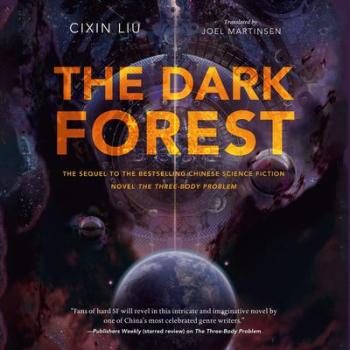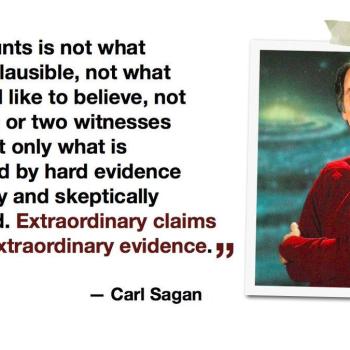The rebooted series Cosmos, featuring Neil de Grasse Tyson, has sparked a lot of discussion about religion as well as science. I finally managed to watch the first episode while eating my lunch today.
The message of the series Cosmos? Surely a major component is that we cannot explore our place is the universe without imagination. Yes, science provides data which only fools and dogmatists ignore to their shame. But to turn data into a worldview, we need imagination (a dramatic music and CGI now also assist).
The mixed message is one that we should embrace – but not uncritically. We need to notice that the series shows us at times things beyond the limit of what we can observe, and things which may be beyond the limit of what we ever observe or can observe.
Realizing that we are not the center of our universe is said to be a part of growing up. Indeed! The treatment of religion is not at all unsympathetic. Giordano Bruno's vision of an infinite universe, far from being anti-religious, was an expression of his openness to an infinite God, and to his dreams as well as scientific information.
What is the message of the series Cosmos? If I may paraphrase Einstein, “Imagination without science is blind; science without imagination is lame.”
And, as Bruno is depicted as saying, the message of the series is, “Your God is too small.”
That is a message that mystics and many other religious voices have been proclaiming for a long time. Those religious perspectives will find the vision of Cosmos – including its concluding words about Carl Sagan, and about figuring out not only what profession we want to pursue, but the kind of people we want to become – one that resonates with their own.
I look forward to watching the next episode, which promises to present “the greatest story science has ever told.”
What did you think of the first episode of Cosmos?


